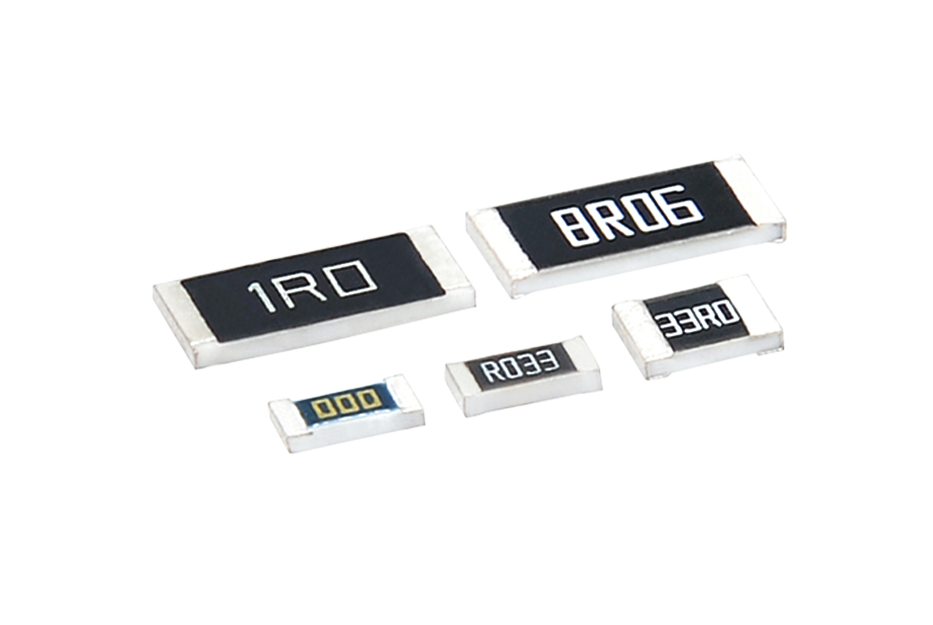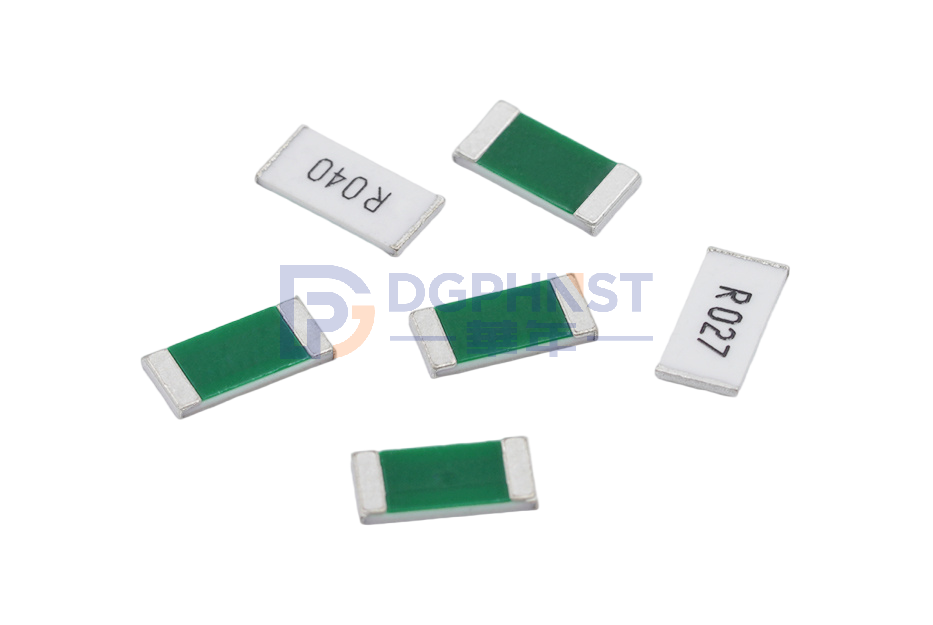Recommendation for precision resistor selection: hnstshop.com/product-list/R02-p1-l10.html" target="_blank" rel="noopener">Precision resistor selection
Precision resistors are resistance devices with high precision and stability. Its main characteristics include high accuracy, low temperature drift, low noise, high stability, and wide operating temperature range.
Firstly, the high accuracy of precision resistors refers to the very small deviation between their resistance value and nominal value, usually within a range of a few percent or less. This high precision makes precision resistors very important in applications that require precise measurement and adjustment of current, voltage, or impedance.
Secondly, the low-temperature drift of precision resistors refers to the stability of their resistance values under temperature changes. Traditional resistors change their resistance values when temperature changes, while precision resistors can reduce the impact of temperature changes on resistance values and maintain their stability through special design and material selection.
Low noise is another important characteristic of precision resistors. In the field of precision measurement and signal processing, noise is an important consideration factor. Precision resistors reduce noise generated by resistors by optimizing materials and structures, providing clearer measurements and signals.
In addition, precision resistors also have the characteristics of high stability and wide operating temperature range. High stability ensures the reliability and consistency of resistors during long-term use; The wide operating temperature range enables precision resistors to operate normally under various environmental conditions.
When selecting precision resistors, it is necessary to pay attention to the following issues. Firstly, the resistance range should be selected to meet the actual needs; Secondly, there are accuracy requirements. Different application scenarios have different requirements for accuracy, and appropriate accuracy levels need to be selected based on actual needs; It is also necessary to consider the temperature coefficient and temperature drift of the resistor, as well as whether low noise characteristics are needed.
Precision resistors have a wide range of application markets in many fields. Firstly, in the field of testing and measurement, precision resistors are commonly used to calibrate and adjust instruments and equipment, providing accurate current and voltage; Secondly, in the fields of communication and electronic equipment, precision resistors are used in circuits such as signal amplification, filtering, and voltage stabilization; In addition, precision resistors are also widely used in fields such as medical equipment, aerospace, military, and industrial control.
In summary, precision resistors are resistance devices with high accuracy and stability, characterized by high accuracy, low temperature drift, low noise, high stability, and a wide operating temperature range. When selecting, factors such as resistance range, accuracy, temperature coefficient, and drift need to be considered. The application market of precision resistors is wide, including testing and measurement, communication and electronic equipment, medical, aerospace, military, and industrial control fields.



